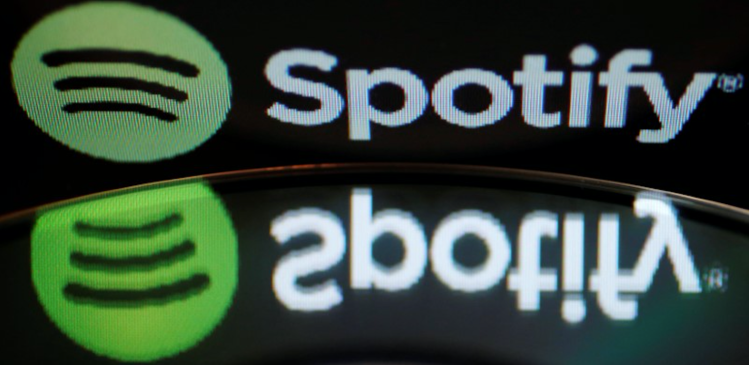Spotify has confirmed that it paid €50 million ($56 million) to acquire Parcast, the story-based podcasting studio it snapped up last month.
The music-streaming giant revealed the figure in its Q1 2019 financials, when it passed 100 million paying users for the first time as its revenue climbed 33%.
Founded in 2016, Los Angeles-based Parcast has two production studios, through which it has created more than a dozen popular podcast shows, including Serial Killers, Female Criminals, and Mind’s Eye.
Some estimates had pegged the Parcast purchase price at around $100 million, though the confirmed value is notably less. But Parcast represented Spotify’s third podcast-related acquisition in less than two months, after the latter bought Gimlet Media and Anchor in February. An SEC filing at the time revealed that Spotify intended to pay around €300 million for Gimlet and Anchor, although the music-streaming giant has now confirmed that the final figure is €308 million ($344 million).
June 5th: The AI Audit in NYC
Join us next week in NYC to engage with top executive leaders, delving into strategies for auditing AI models to ensure fairness, optimal performance, and ethical compliance across diverse organizations. Secure your attendance for this exclusive invite-only event.
In all, Spotify has spent €358 million ($400 million) to acquire three podcast startups in 2019 so far. In its Q4 shareholder letter back in February, the company said it had earmarked up to $500 million for similar deals throughout 2019, so we can perhaps expect more from Spotify on the acquisition front in the coming months.
Podcasting is a major part of Spotify’s push into original content, something that is a lot harder to achieve in the music world. Spoken-word audio will also help Spotify increase its ad-supported revenue, as noted by the company in its Q1 2019 financial report earlier today.
“We expect the revenue from podcasts to accelerate through 2019,” Spotify said. “Over time, our ambition is to develop a more robust advertising solution for podcasts that will allow us to layer in the kind of targeting, measurement, and reporting capabilities we have for the core ad-supported business.”

